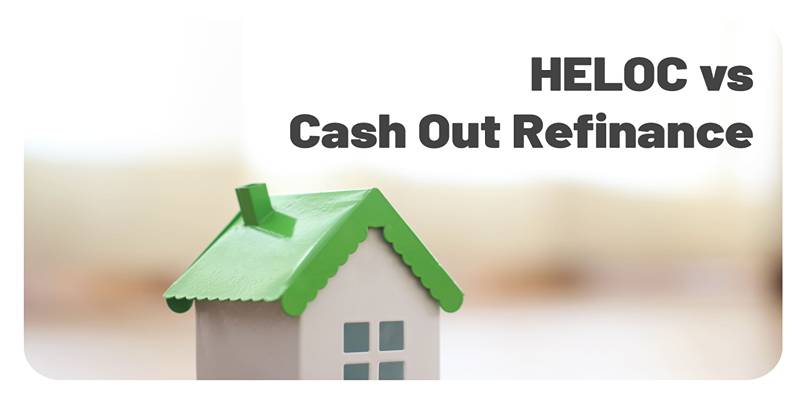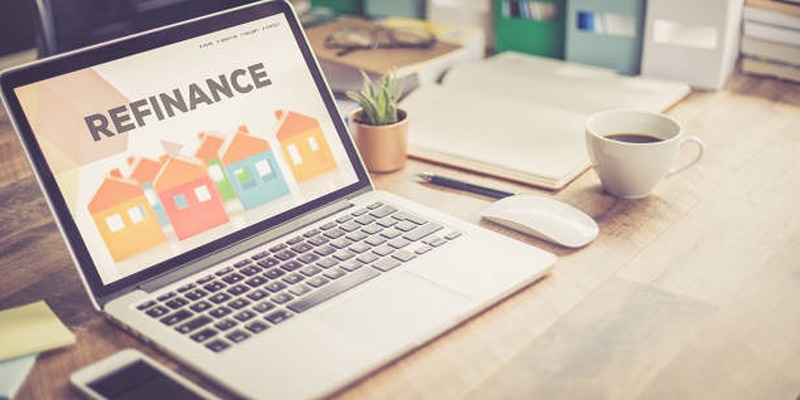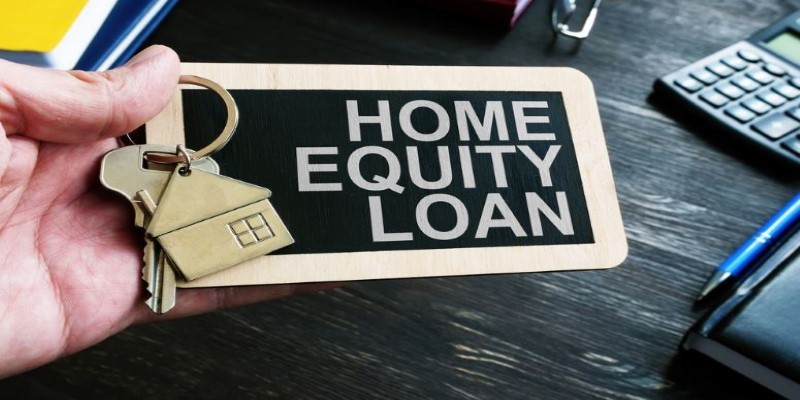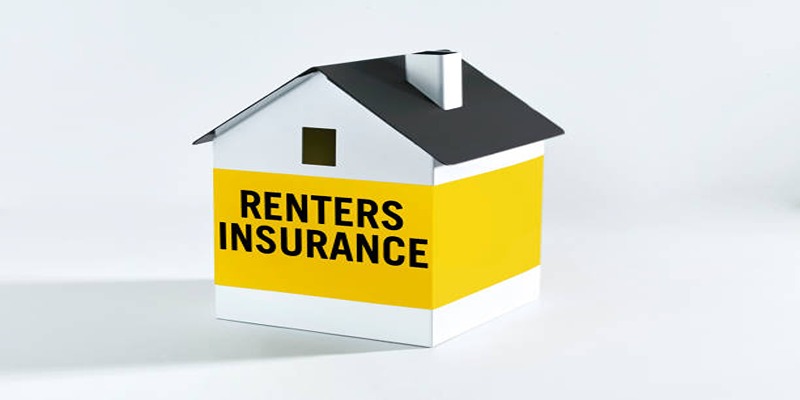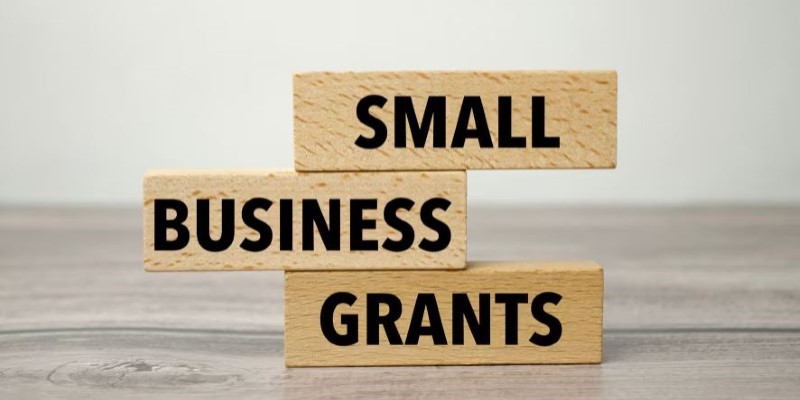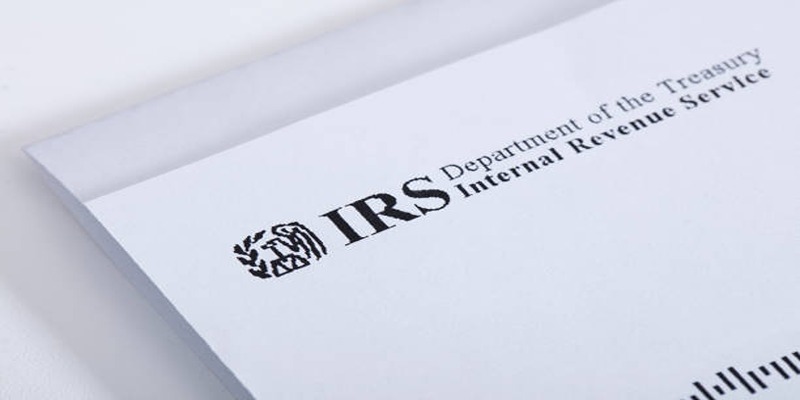Refinancing your mortgage can help save money, lower your interest rate, or adjust loan terms. But when is the right time to refinance after buying your home? This guide explores key factors, criteria, and actionable tips to help you decide. Whether you're a first-time buyer or a seasoned homeowner, you'll learn how to time your refinance strategically for maximum financial benefits.
Understanding Mortgage Refinancing

Mortgage refinancing allows a homeowner to replace their current mortgage with a new one. The new mortgage may have a different interest rate, loan term, or payment schedule compared to the original loan. There are two primary reasons people refinance:
- Rate and Term Refinancing: This involves changing the interest rate, loan term, or both, primarily to reduce monthly payments or save on interest over time.
- Cash-Out Refinancing: This allows homeowners to convert their home equity into cash by borrowing more than they currently owe and taking the difference as cash.
How Soon Can You Refinance a Mortgage?
The timing of when you can refinance your mortgage will depend on several factors, including the type of loan, refinancing terms, and lender policies. Here’s a breakdown to help you understand the timeline:
Immediate Refinancing Options
If you’ve just closed on a home and are considering refinancing, it may be possible under specific circumstances:
- Rate Locks Have Expired: If rates are significantly lower since you locked in your rate, you may want to refinance quickly. Double-check with your lender to ensure there are no restrictions.
- FHA Loans: Federal Housing Administration (FHA) loans often allow refinancing as soon as 210 days after the first mortgage payment.
Conventional Loans
With conventional loans, most lenders won’t allow refinancing right after closing. Typically, you’ll need to wait six months to be eligible for a refinance.
Cash-Out Refinancing
For cash-out refinances, the wait time can be longer. Lenders generally require homeowners to hold the original loan for 6 to 12 months. Additionally, you’ll need enough home equity to make this option worthwhile.
Streamline Refinances
If you’re looking to streamline the process without needing a full credit check or appraisal, you might opt for a streamline refinance. Government-backed loans, such as FHA or VA loans, offer streamlined refinancing with shorter waiting periods.
Prepayment Penalties
Some lenders impose prepayment penalties for paying off your mortgage too early, including through refinancing. Always read your loan documentation carefully and check for any prepayment penalties before refinancing.
Factors to Consider Before Refinancing
Even if you're eligible to refinance soon, it’s crucial to weigh the following considerations to ensure it’s the right financial move.
1. Does Refinancing Align with Your Financial Goals?
Consider why you want to refinance. Are you aiming to reduce your interest rate, shorten your loan term, or tap into home equity? Ensure that refinancing aligns with your specific financial objectives.
2. Have You Built Enough Equity?
Lenders generally favor a loan-to-value (LTV) ratio of 80% or less for refinancing. If you’ve recently purchased a home, focus on building equity first to improve your chances of approval.
3. Will You Stay Long Enough to Recoup Closing Costs?
Refinancing comes with fees and closing costs, which can range between 2-6% of the loan amount. Ask yourself if you’ll stay in the home long enough to break even on these costs. For example, if you save $100 per month with your new loan, but the closing costs are $3,000, it will take 30 months (2.5 years) to recoup your costs.
4. Has Your Credit or Financial Status Changed?
If your credit score has improved since you took out your original mortgage, you may qualify for better interest rates.
Conversely, if your financial situation has worsened (e.g., increased debt, lower income), you might face challenges refinancing or end up with unfavorable terms.
5. Are Interest Rates Favorable?
Market conditions greatly influence refinancing decisions. Keep a close eye on interest rate trends to decide the best time to secure a lower rate and maximize your savings. Timing is key for refinancing success.
Pros and Cons of Early Refinancing
Still on the fence about refinancing? Understanding the benefits and potential drawbacks can help clarify your decision.
The Benefits of Early Refinancing:
- Lower Interest Rates: Refinancing early during rate drops can save thousands over the life of the loan.
- Shorter Loan Terms: Transitioning to a 15-year mortgage can help you pay off debt faster if your budget allows.
- Stabilized Payments: Switching from an adjustable-rate mortgage (ARM) to a fixed-rate ensures steady payments.
The Downsides of Refinancing Too Soon:
- Closing Costs: These fees can outweigh potential savings, especially if you refinance frequently.
- May Reset Loan Term: This could extend the time it takes to pay off your home, even if monthly payments are lower.
- Equity Challenges: Refinancing too early might mean you haven’t built sufficient equity to secure favorable terms.
Steps to Refinance Your Mortgage

If you’ve determined that refinancing is a good financial move, here’s how to proceed:
Step 1. Review Your Current Loan Terms
Understand the terms and conditions of your existing mortgage. Pay attention to prepayment penalties or adjustable-rate reset schedules.
Step 2. Check Your Credit Score and Financial Health
Make sure your credit score and debt-to-income (DTI) ratio meet lender requirements for the best rates and terms.
Step 3. Research Lenders and Rates
Shop around to compare interest rates, fees, and requirements from multiple lenders.
Step 4. Submit a Refinance Application
When you find a lender and rate you like, complete your application and provide any requested documentation, such as tax returns, pay stubs, and bank statements.
Step 5. Close on Your New Loan
Once approved, close on your new loan and begin your new repayment schedule.
Final Thoughts
Refinancing your mortgage is a smart way to save money, reduce your loan term, or access home equity—but timing matters. Some homeowners may benefit immediately, while others should wait to build equity or improve their credit score for better terms. Carefully weigh the costs and benefits to ensure it aligns with your financial goals. For personalized advice or help with the process, consult a trusted mortgage professional to make the best decision.





